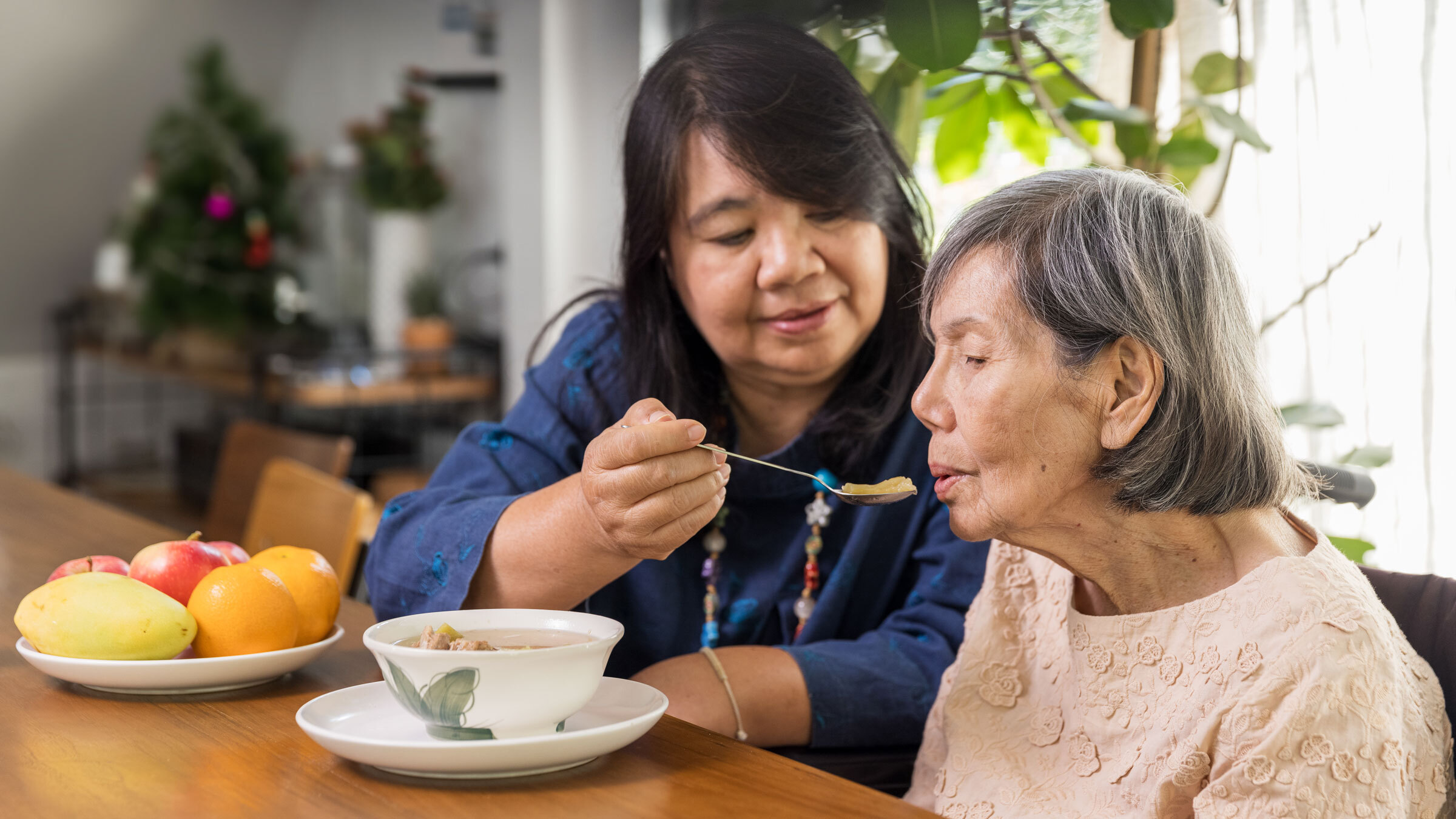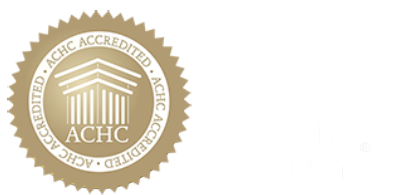Aging can be difficult to accept. Many older adults associate illness with losing independence or becoming a burden on loved ones, which may prevent them from expressing how they truly feel. It's often up to you to recognize the signs of declining health and the need for a different type of care. Understanding the potential signs that the end may be near helps reduce anxiety and allows you to honor your aging parents' wishes.
Many families wait to call hospice until the final days and weeks of their loved one’s life. In 2019, 25% of Medicare patients who received hospice care only had it for five days or less. However, if the patient is eligible, they can receive specialized care, medications, medical equipment, and supplies related to the terminal illness much earlier. So, how do you know when it’s time for hospice?
Treatment is No Longer Effective or Desired:
If your parent has a terminal illness and prefers comfort, time with loved ones, and an improved quality of life over aggressive interventions, hospice care may be appropriate. Hospice focuses on pain relief and symptom management instead of curing the illness.
Hospice care can start when a doctor determines the patient has a life expectancy of six months or less, with the possibility of recertification for longer periods. It is fully covered by Medicare, Medicaid, and most private insurance for eligible patients.
Common illnesses in hospice care include:
Increasingly Difficult Symptom Management
Pain typically escalates in the last two years of life, peaking in the final four months. Uncontrolled pain can cause additional issues like shortness of breath, restlessness, and anxiety, prolonging the grieving process for loved ones. If symptoms such as nausea, vomiting, difficulty swallowing, or persistent pressure ulcers become unmanageable, hospice care may help.

Hospice care is not about giving up hope," Specialists emphasize. "It's about shifting focus to the patient's and family's needs and priorities.
Frequent Doctor or Hospital Visits
Increased use of emergency departments and frequent doctor or hospital visits can signal declining health, especially in adults over 75.
Need for More Assistance
If your parent struggles with personal care activities like bathing, dressing, or eating, or has transitioned to using a wheelchair or walker, they may benefit from hospice services.
Confusion or Restlessness
At the end of life, older adults may become confused, agitated, or combative, experiencing hallucinations or delusions.
Reduced Communication Ability
Declining circulation, hearing, and vision can affect speech and the ability to follow conversations, leading to social withdrawal.
Decreased Appetite or Unexplained Weight Loss
Monitor your parent's eating habits. Reduced appetite and weight loss can indicate the body's decline or difficulty digesting food.
Increased Sleeping
More time spent sleeping is a natural part of the body's slowing down process.
Caregiver Stress
Increased stress levels in caregivers can indicate a need for additional support through hospice services.
Experts suggest: "Hospice can be beneficial much earlier than most people think." Health care providers assess eligibility based on the patient's prognosis and care goals.
Benefits of Hospice Care
Let Us Lend A Hand
Contact us to determine if Haloes Touch is the right choice for you. Send us this form to request a free consultation. You can OPT OUT from getting further communications from our side by clicking on 'Unsubscribe' link provided with every Email.
Alternatively, you can dial us at 702-625-4644. We’re just a phone call away. We look forward to discussing your needs and finding the best combination of services for you. You can choose to stop getting calls from us by opting STOP option provided at the end of every phone call.





